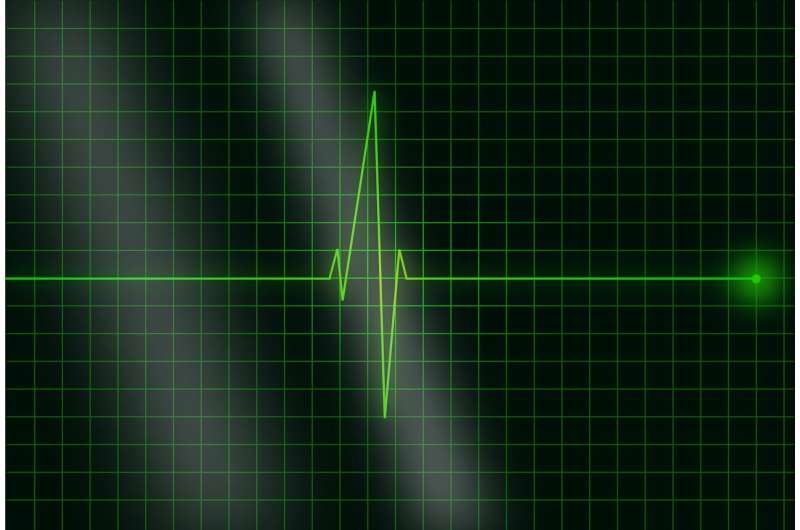Can a personalized approach more accurately allocate cardiac devices?

A novel project testing the value of personalized treatment and applying artificial intelligence (AI) to better select patients for an implantable cardioverter defibrillator (ICD) is outlined today at EHRA 2021, the online annual congress of the ESC's European Heart Rhythm Association (EHRA).
Sudden cardiac death accounts for approximately one in five fatalities and is usually a consequence of myocardial infarction. ICD implantation is recommended to prevent sudden cardiac death in patients with reduced left ventricular ejection fraction (35% or lower).
PROFID is an EU-funded project conducted by European cardiology leaders, including the ESC and coordinated by the Leipzig Heart Institute, Germany. Principal investigator Dr. Nikolaos Dagres said: "The current method of selecting patients for a defibrillator has substantial limitations. In absolute numbers, most sudden cardiac deaths occur in patients with moderately reduced or preserved ejection fraction (above 35%) yet they are left unprotected because they do not qualify for defibrillator implantation according to current guidelines."
He continued: "In addition, as a result of better medical and interventional treatment of myocardial infarction, only a minority of patients who currently qualify for an ICD will ever require it yet may experience unintended shocks or complications associated with the device. Taken together, we clearly need to better select the patients who would benefit from this life-saving therapy."
The project aims to personalize prevention of sudden cardiac death after myocardial infarction by developing a prediction model. Some 23 databases with several hundred thousand myocardial infarction patients from Europe, the US and Israel are being analyzed using traditional statistical methods and AI to create a clinical prediction model for the individual risk of sudden cardiac death.
A defibrillator implantation strategy based on the predicted individual risk for sudden cardiac death will then be tested in two clinical trials including more than 3,900 patients in total. PROFID-Reduced will enroll patients with an ejection fraction of 35% or less but with a low predicted individual risk according to the model; they will be randomized to receive an ICD or not. PROFID-Preserved will include patients with an ejection fraction above 35% and a high predicted individual risk according to the model; they will be randomized to ICD versus no ICD.
"The goal is to reshape the decision making of defibrillator therapy so that those who need it get it, but those who do not need it do not," said Dr. Dagres. "A study of the ethical aspects and of patients' perspectives as well as a health economic analysis of the financial impact on healthcare systems will run alongside the trials."
Today's presentation will delve into the methodology for creating the prediction model and provide a status update. Dr. Dagres said: "PROFID's ambition is to individualize the use of defibrillator therapy for the prevention of sudden cardiac death which will benefit patients and health systems."
More information: Guidelines for the management of patients with ventricular arrhythmias and the prevention of sudden cardiac death. Europace. 2015;36:2793–2867.



















